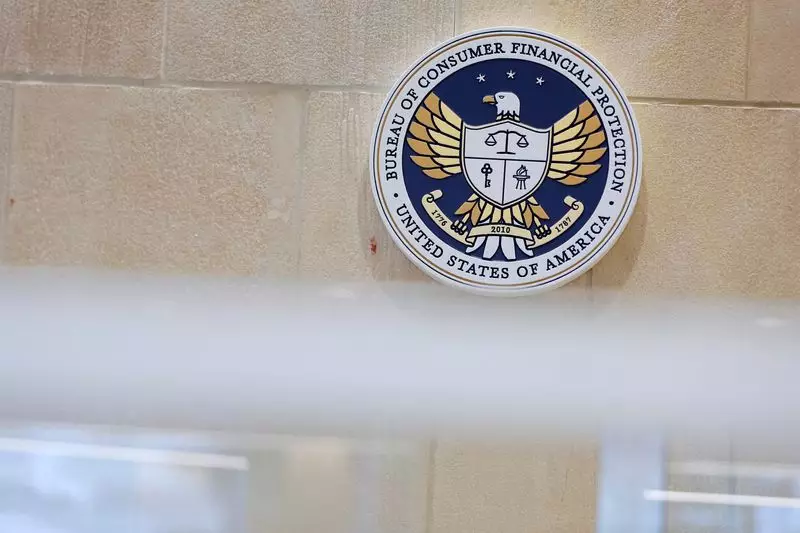A federal judge in a Texas court has recently made a decision to transfer a lawsuit challenging a rule that curbs credit card late fees to a court in Washington, D.C. This move has sparked controversy and debate among various parties involved in the case. Let’s take a closer look at the implications and criticisms surrounding this decision.
U.S. District Judge Mark Pittman, an appointee of former President Donald Trump, decided to transfer the lawsuit to Washington, D.C. citing several reasons. One of the main factors mentioned was that half of the business groups involved in the lawsuit are based in Washington, along with most of the lawyers representing them and the U.S. Consumer Financial Protection Bureau (CFPB), which drafted the rule in question. Additionally, there are no card issuers subject to the rule based in Fort Worth, Texas, where the original lawsuit was filed.
The U.S. Chamber of Commerce, along with five other groups, objected to the transfer, claiming that potentially affected cardholders reside in Fort Worth. They argued that changing the venue would hinder their ability to communicate with consumers about necessary changes as the rule is set to take effect in May. However, Judge Pittman dismissed this argument, stating that allowing the lawsuit to be filed anywhere in the country would set a dangerous precedent.
One of the main criticisms of Judge Pittman’s decision is that it may disrupt the legal process by moving the case to a different jurisdiction. The 5th U.S. Circuit Court of Appeals has also been asked to review Pittman’s choice not to expedite the case, further adding to the legal complexities surrounding the lawsuit. The rule itself, aimed at limiting excessive fees charged by credit card issuers for late payments, is a contentious issue that has been debated for years.
The transfer of the lawsuit from Texas to Washington, D.C. has broader implications beyond just this particular case. It raises questions about the motivations behind the move and the potential impact on future cases involving challenges to government policies. The Fort Worth courthouse, which has become a hub for conservative litigants and business groups, has been at the center of many legal battles against the Biden administration.
The decision to transfer the lawsuit challenging credit card late fees to Washington, D.C. has sparked criticism and debate among the parties involved. Judge Pittman’s rationale for the transfer has been met with skepticism and concerns about the fairness and efficiency of the legal process. As the case progresses, it will be interesting to see how the courts handle this sensitive issue and what implications it may have for future legal challenges.

